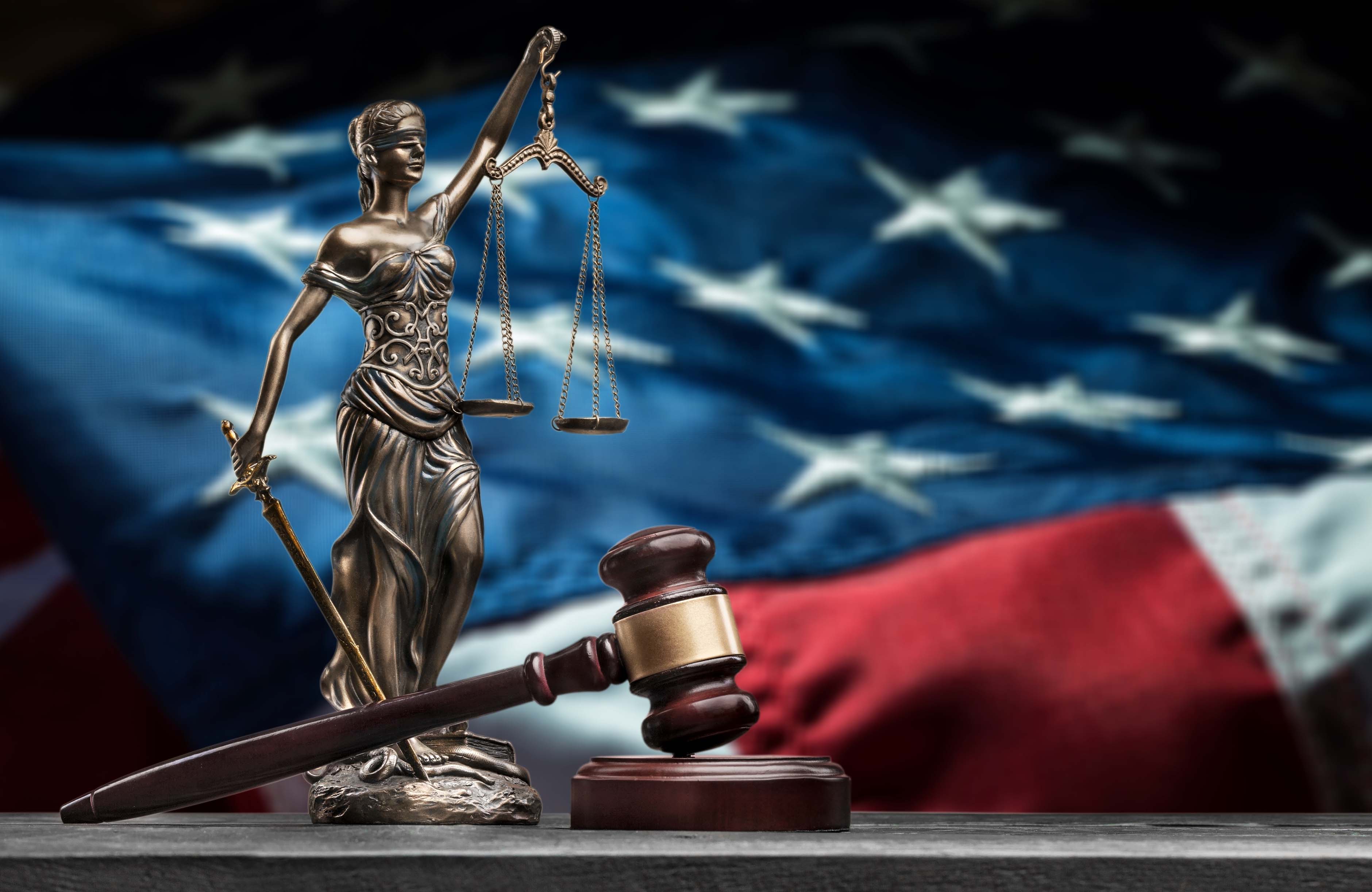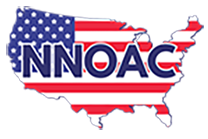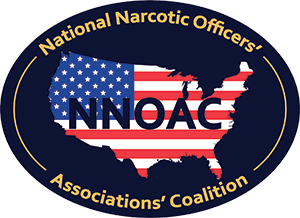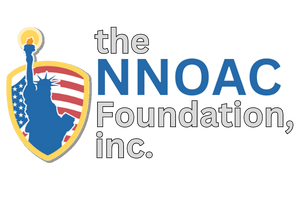
Although many of the narcotic officers’ associations' were very successful in representing the needs of law enforcement officers within their own state, they realized that they were not especially effective in working with the congress or federal criminal justice policy agencies. It became apparent to the leadership of these state associations that they needed to come together as a combined group in order to effectively represent narcotic officers at our nationals capitol.
During 1994, the Funding for the Edward Byrne Memorial Program was removed from the Administration’s budget. This funding was crucial for the continuation of many local and state drug enforcement programs. This was the catalyst for the foundation of the National Narcotic Officers’ Associations' Coalition (NNOAC).
The NNOAC represents its member associations by monitoring all relevant federal legislation and policy. The Coalition focuses on domestic and international drug-related crime issues by developing and maintaining relationships with the Office of National Drug Control Policy, the Drug Enforcement Administration, the high intensity drug trafficking area program (HIDTA), the Regional Information Sharing System (RISS) and the National Guard Counter Drug Program and all other relevant agencies and programs.
The NNOAC allows state and local narcotic officers’ associations' to work through their congressional delegations allowing for the unified voice in the nation’s capitol. The Coalition actively researches, monitors, and supports legislature initiatives designed to increase the effectiveness of narcotic enforcement and law enforcement across the United States.

Below is a list of NNOAC’s goals and objectives:
- To ensure that the Edward R. Byrne Memorial Fund is fully funded in order to maintain the multi-jurisdictional drug task forces, which are the backbone of narcotics law enforcement.
- To maintain, and intensify drug asset revenue sharing – the effective tool that narcotic law enforcement has today.
- To assist in the preparation of the National Drug Control Strategy.
- To place more emphasis on the domestic side of the drug strategy by increasing state and local level involvement on the direction taken in drug enforcement.
- To increase unification, networking, and act as a liaison for the exchange of information.
- To have an impact on legislation affecting narcotic officers and narcotic enforcement in the United States.
- To act as a conduit for the exchange of information, intelligence, and training guidelines affecting narcotic enforcement.
- To act as a resource for states that want to establish a narcotics officers’ association'.
Over the years, NNOAC has been successful in representing law enforcement across the country: President's Commission on Law Enforcement and Administration of Justice. Successfully helping with the restoration funding for the Edward Byrne Memorial Program.
NNOAC has participated in policy meetings and conferences with other law enforcement organizations and have been active participants in the preparation of ONDCP’s National Drug Control Strategy, the Department of Justice’s National Methamphetamine Strategy, and DEA’s National Heroin Strategy. NNOAC also sits on numerous boards to increase the effectiveness of drug enforcement and law enforcement across the United States.
The NNOAC has also been responsible for increasing the awareness of the Administration and Congress regarding state and local drug enforcement issues. NNOAC delegates have testified before the U.S. House of Representatives and the U.S. Senate on a variety of drug issues, including the Byrne hearings, asset forfeiture, minimum mandatory sentencing, medical marijuana, funding for the National Guard, and the Certification of Mexico. NNOAC delegates have also participated as briefing team members for congressional study trips. In addition, a member of NNOAC was part of the President’s Law Enforcement Steering Committee, which consists of National law enforcement groups. This committee is responsible for advising the President on key law enforcement issues. NNOAC serves on the ONDCP committee to develop the National Drug Control Strategy, on the Advisory Committee for the Counter-Drug Intelligence Executive Secretariat for the implementation of the Central Counter-Drug plan. NNOAC also serves on the Law Enforcement Intelligence Forum (LEIF), which advises the U.S. Department of Justice, Bureau of Justice Assistance on Regulations regarding the collection and distribution of criminal intelligence information and serves on the committee for National Model Drug Laws.
As the NNOAC continues to grow, so will its participation in the legislative and policy areas.


